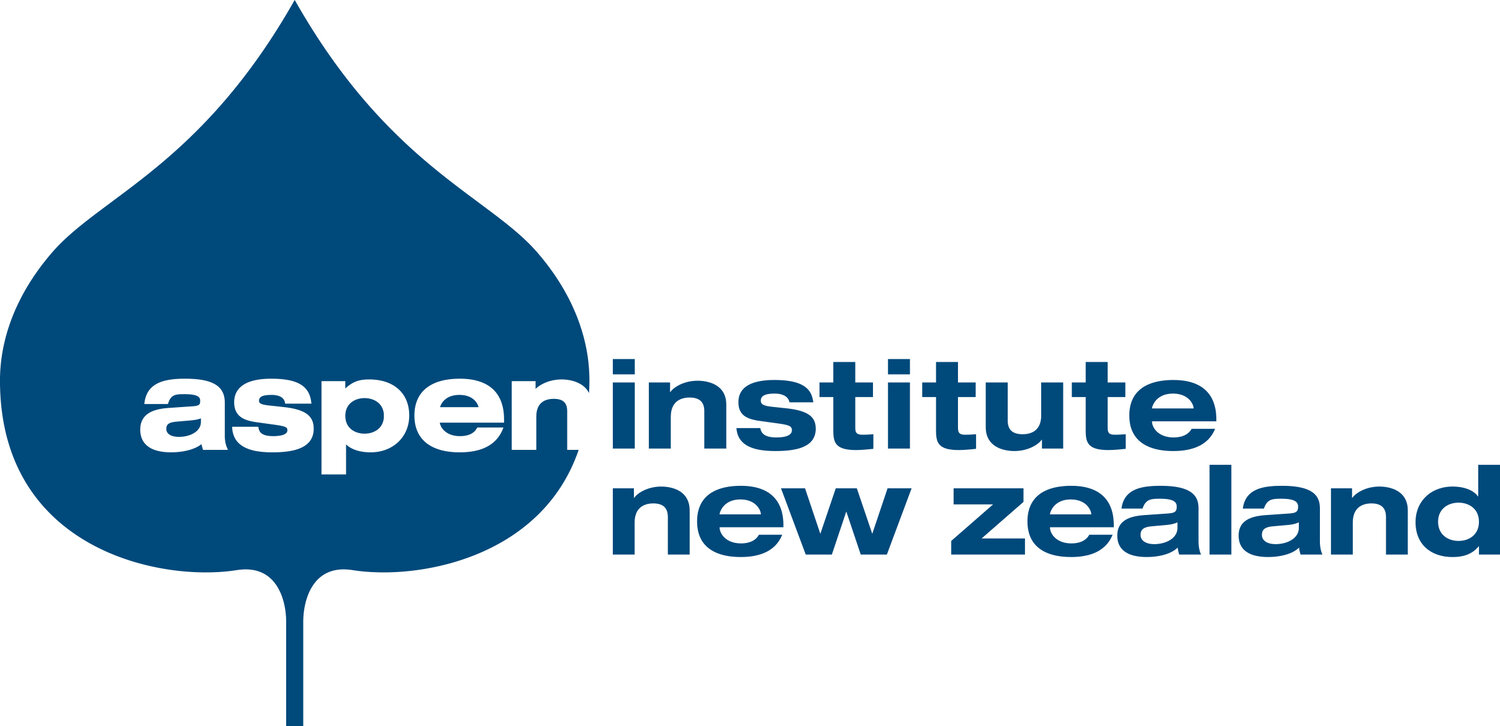Empowering Change: Youth Seminar on Regenerative Tourism
This week, the Aspen Institute New Zealand hosted its inaugural Aspen Sister City Youth Seminar at Wakatipu High School, Queenstown. This event brought together visiting exchange students from Aspen High School and their hosts from Wakatipu High School to delve into the concept of regenerative tourism. Moderated by Dr. Susan Houge Mackenzie, Associate Professor from the University of Otago's Department of Tourism, the seminar provided a platform for cultural exchange and critical dialogue.
Key Takeaways and Reflections
The seminar explored the concept of regenerative tourism and its potential to transform how tourism impacts communities. Some of the key takeaways from the discussions were:
Understanding Regenerative Tourism
Students first tackled the question, "What is regenerative tourism?" They explored its fundamental principles and distinguished it from sustainable tourism. Unlike sustainable tourism, which aims to minimise negative impacts, regenerative tourism seeks to restore and enhance the social, cultural, and environmental assets of a destination. This paradigm shift, from a tourist-first approach to a community-first approach, sparked interest and debate among the students. As one student reflected,
“…we gained a new perspective on how tourism can benefit communities beyond just money… it was great to learn this approach, as we are the next generation in charge of protecting and caring for our community…regenerative tourism offers a path forward.”
Case Studies and Practical Applications
Using QLDC's Regenerative Tourism Plan as a case study, the seminar examined how regenerative tourism is being recognised at a local level. The students considered practical examples from Queenstown and Aspen, discussing the unique challenges and opportunities each place presents. Aspen student, Ryan Rigney noted the importance of collective buy-in,
"For regenerative tourism to succeed, the barrier between tourists and locals must be removed. Both parties must prioritise the environment and needs of the community as a whole. This needs to become a way of life, rather than just a temporary project."
Actionable Steps Toward Regenerative Tourism
Participants brainstormed actionable steps that individuals and communities can take to promote regenerative tourism. Ideas ranged from personal actions, such as mindful travel and community volunteering, to broader strategies like community-led tourism initiatives. These discussions underscored the importance of collective effort and the role of youth in driving change.
Cultural Exchange and Critical Thinking
The seminar also served as a platform for fostering cultural exchange and enhancing critical thinking skills. The Aspen Method of text-based dialogue facilitated meaningful conversations, enabling students to engage with the material and each other. This method proved effective in encouraging inclusive and respectful dialogue, which is essential for addressing complex global issues.
Looking Forward
The seminar marked the beginning of an ongoing conversation about regenerative tourism, providing students with a deeper understanding of the concept. It was inspiring to witness the students realise that they could actively contribute to regenerative tourism in their communities, feeling empowered to be part of the change. This event has planted the seeds for future initiatives and collaborations, with students leaving equipped with more awareness and motivation to make a positive impact in their local areas.
About Dr. Susan Houge Mackenzie
Dr. Susan Houge Mackenzie brought a wealth of experience and knowledge to the discussion. Her research on psychological well-being, how regional tourism organisations can promote intergenerational community well-being through tourism, and her background in adventure tourism provided a rich foundation for the seminar. Her insights and guidance were invaluable in shaping the discussions and introducing the students to the Aspen method of text-based dialogue.




